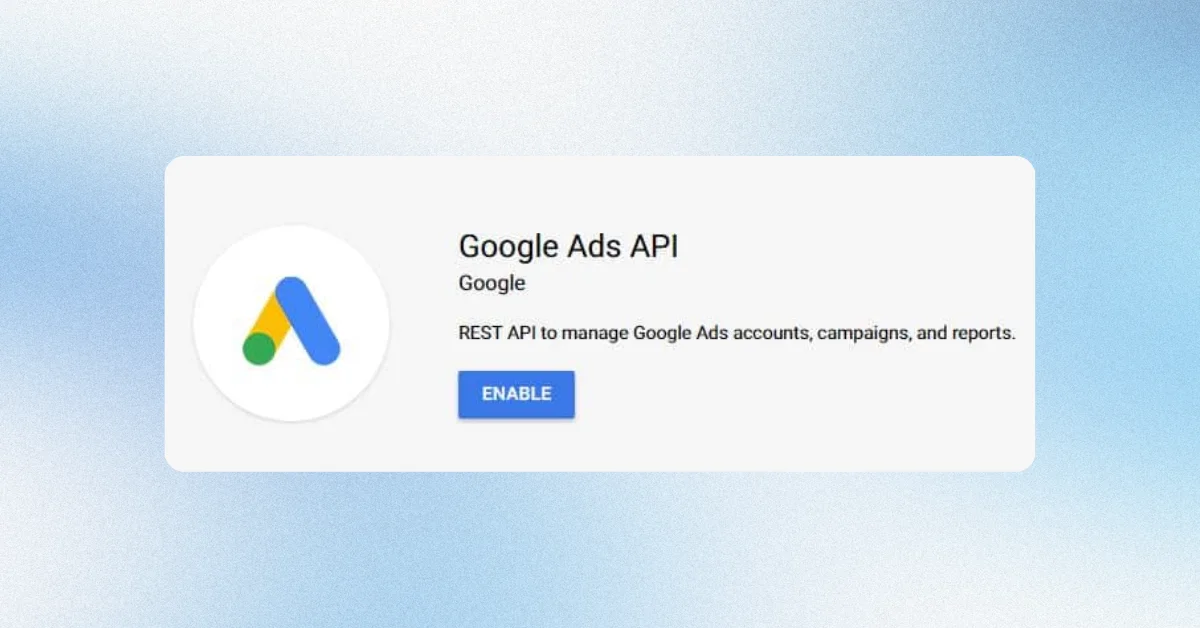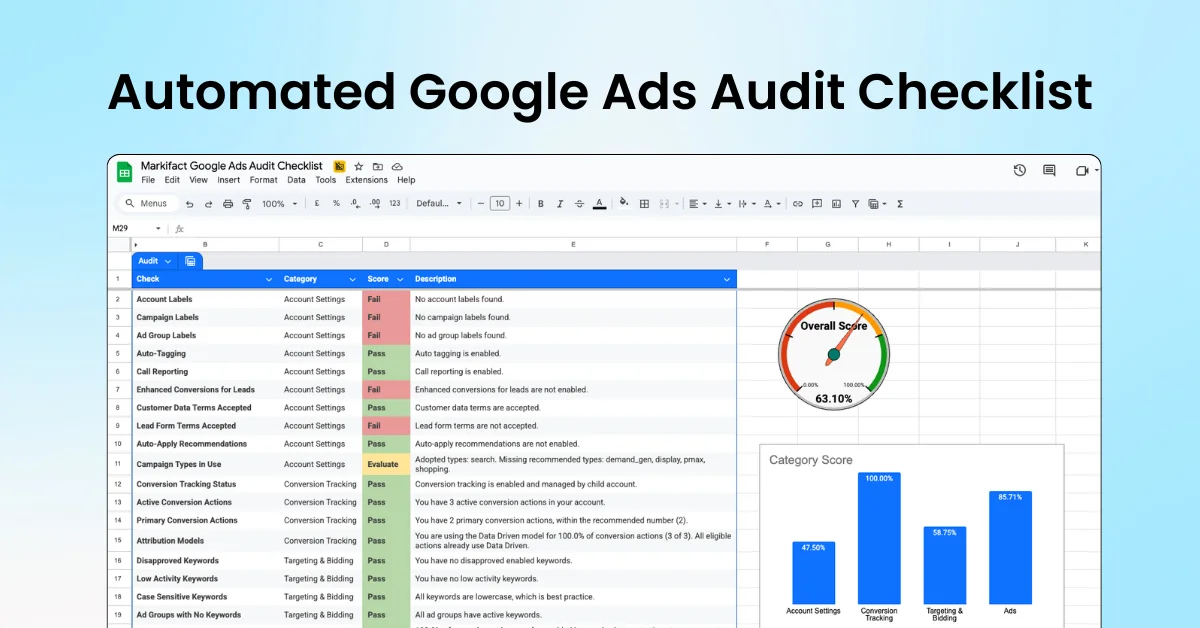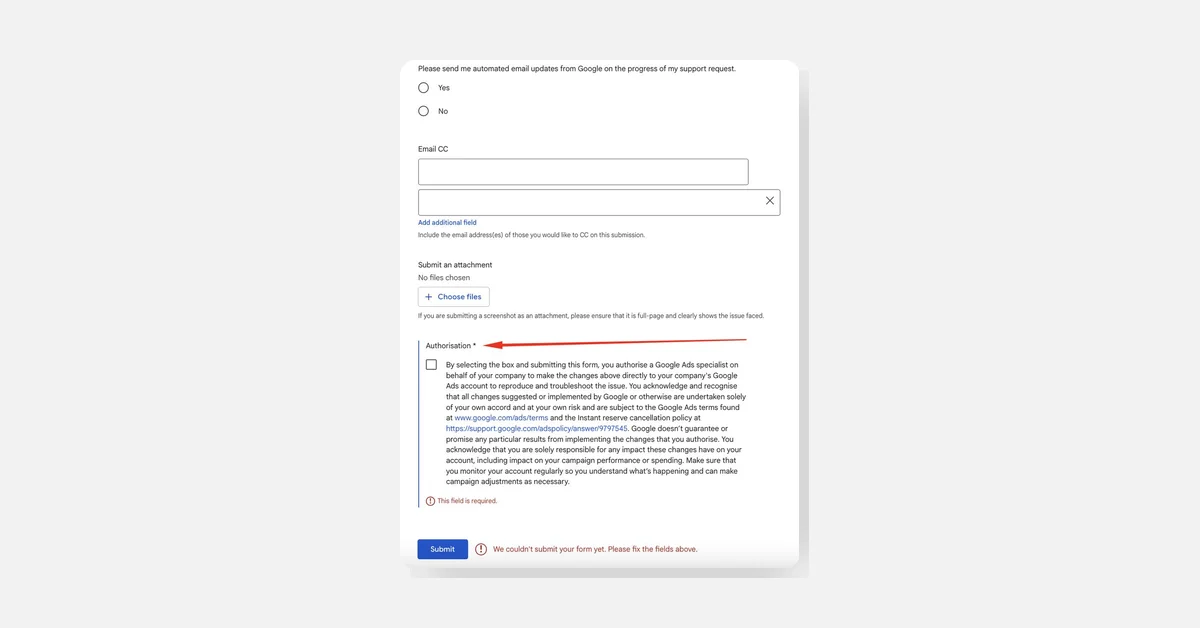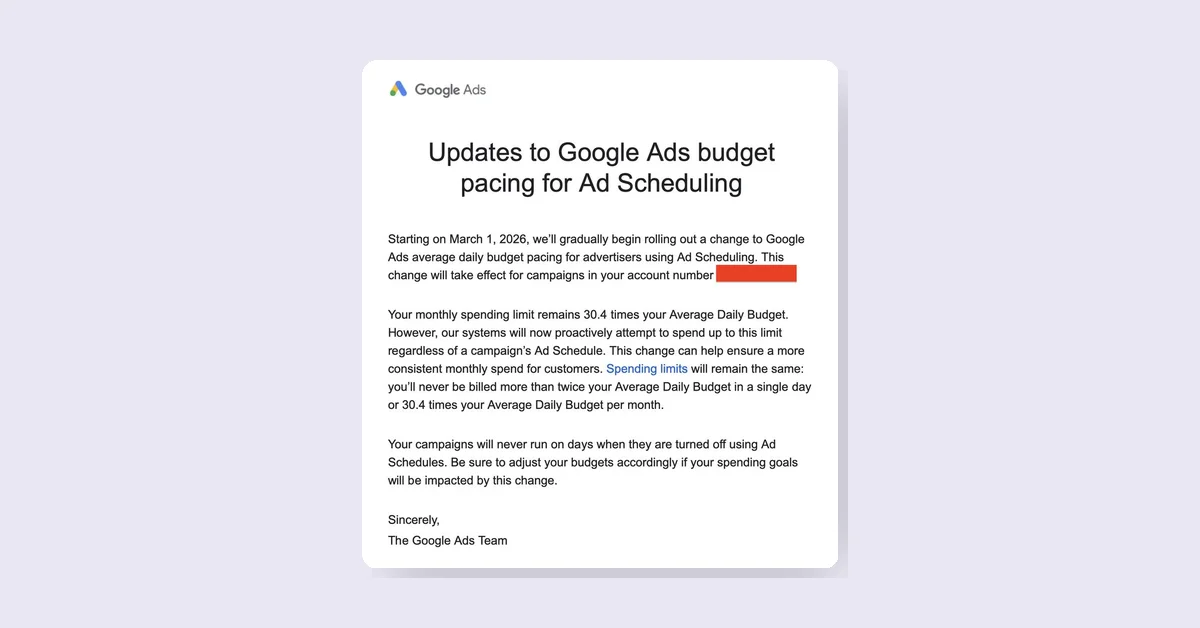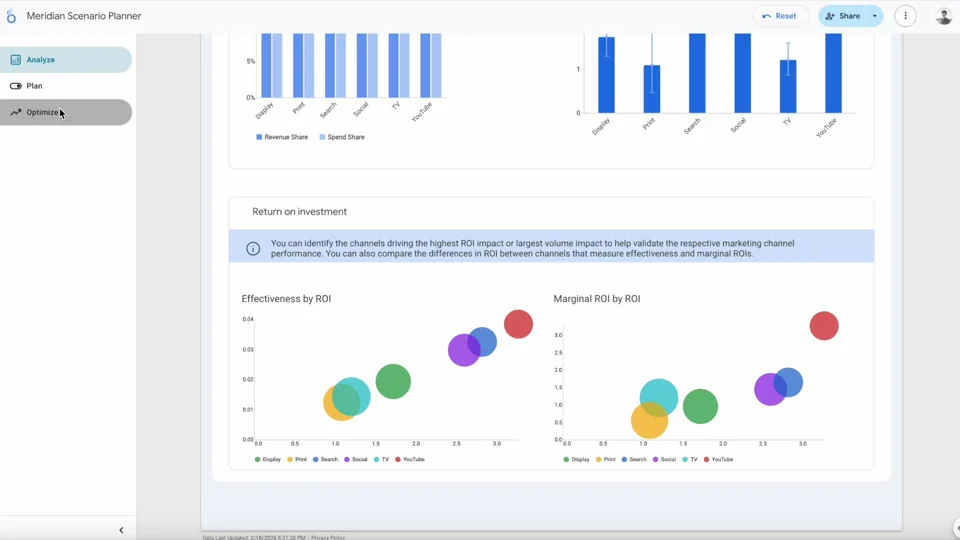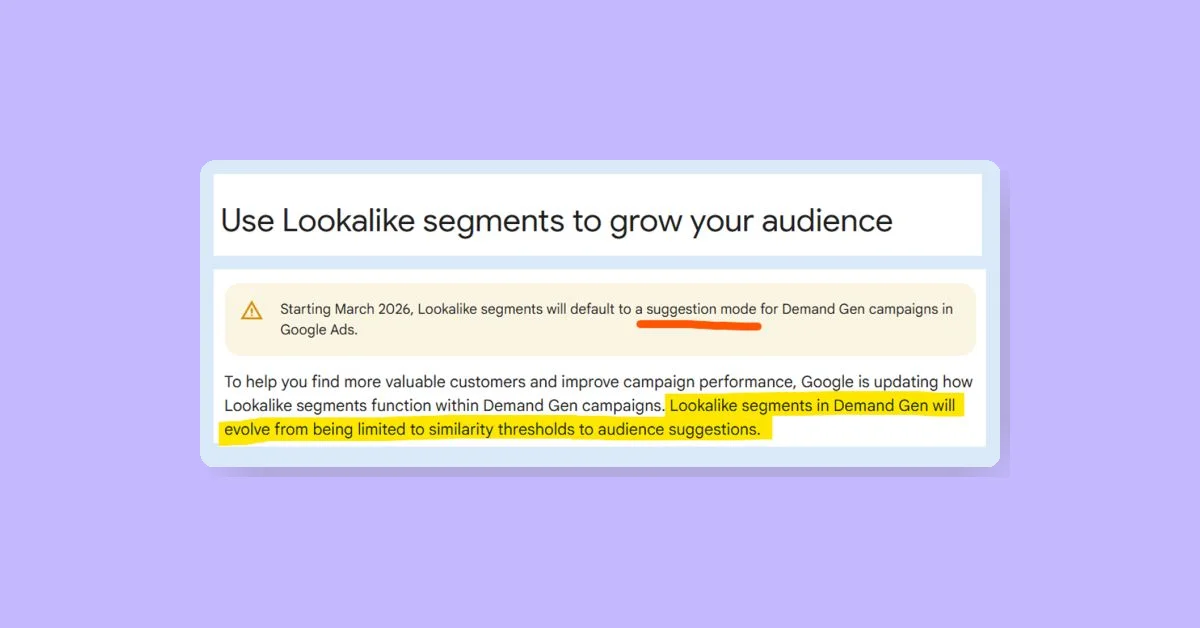Google will stop serving political advertising in the EU ahead of new regulations in October 2025. This decision is due to the European Union’s upcoming Regulation on Transparency and Targeting of Political Advertising (TTPA), which introduces significant operational challenges and legal uncertainties for political advertisers and platforms.
Google's Support for Democratic Elections
Google has been supporting democratic elections globally by:
- Ensuring voters have access to high-quality and reliable information.
- Protecting platforms from abuse.
- Providing campaigns with security tools and training.
Transparency and Safety Measures
Since 2019, Google has implemented several measures for political ads in the EU:
- Enhanced transparency requirements for advertisers.
- Identity verification and in-ad disclosures.
- Disclosure requirements for synthetic or digitally altered content.
- A dedicated Political Ads Transparency Report.
- Restrictions on how advertisers can target election ads.
Challenges with TTPA
The TTPA poses several challenges:
- Broad definition of political advertising, making it difficult to identify ads at scale.
- Lack of reliable local election data for consistent identification of ads.
- Key technical guidance may not be finalized until just months before the regulation takes effect.
Google's Response
Due to these challenges, Google will:
- Stop serving political ads in the EU before the TTPA takes effect in October 2025.
- Discontinue paid political promotions on YouTube in the EU if they qualify as political ads under the TTPA.
Previous Decisions and Future Actions
Google has made similar decisions in other jurisdictions like France, Canada, and Brazil due to regulatory challenges. The company will share more information on the timing of this policy change in 2025 and will continue evaluating the decision.
Commitment to Information Accessibility
Despite the changes, Google remains committed to:
- Making information universally accessible and useful.
- Supporting responsible advertising, including political advertising where possible.
- Engaging with lawmakers, business partners, and community groups on this topic.


